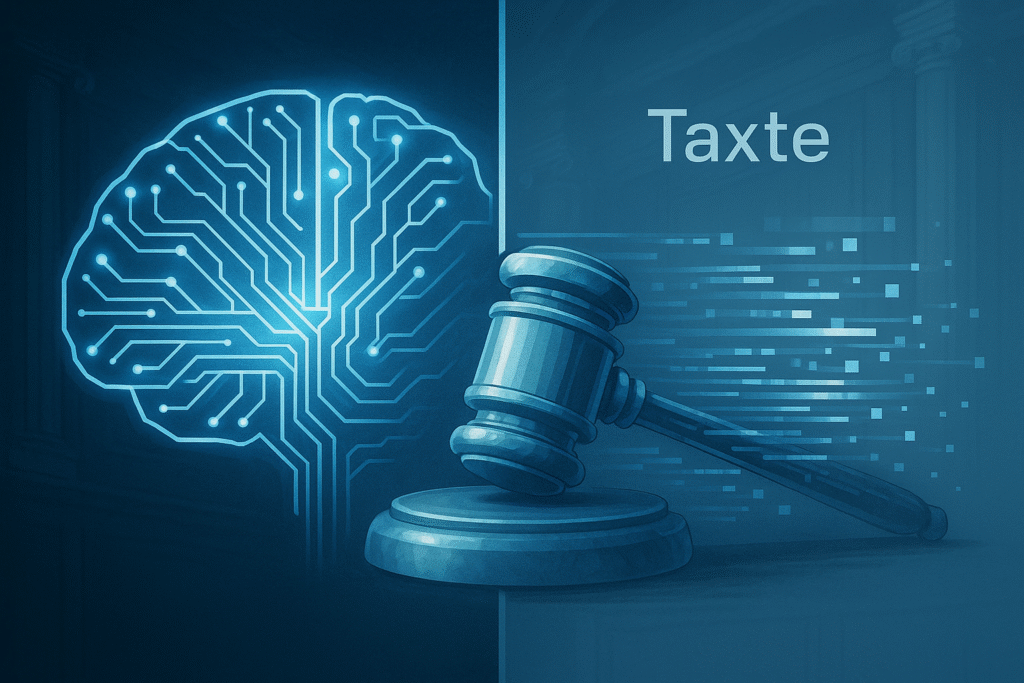
ChatGPT:
Brain Sciences for Lawyers, Judges, and Policymakers
This book explores how neuroscience intersects with the legal system, influencing the roles of lawyers, judges, and policymakers. Anthony Wagner provides a multidisciplinary guide to responsibly integrating brain science into legal reasoning, criminal justice, and public policy.
Conclusion
The book underscores both the potential and the pitfalls of incorporating neuroscience into the legal domain. Wagner emphasizes that brain imaging and cognitive neuroscience can inform judgments about mental states, memory, and behavior, but warns against over-reliance on these tools due to interpretive limitations and ethical concerns. Legal actors must understand the scientific foundations, apply rigorous evidentiary standards, and avoid misleading uses in the courtroom. The author advocates for professional guidelines, cross-disciplinary training, and transparent procedures for the responsible use of neuroevidence. Ultimately, neuroscience should serve justice—not undermine it.
Key points
🧠 Scientific validity: Brain imaging (like fMRI) reveals useful patterns but cannot definitively establish intent or truthfulness.
⚖️ Legal thresholds: Courts must assess the relevance and reliability of neuroscience evidence under existing legal standards.
📉 Misinterpretation risk: Non-expert audiences may misread colorful brain scans as conclusive proof; expert interpretation is essential.
🔐 Privacy issues: Neurodata involves intimate mental information, raising deep concerns about consent and surveillance.
📈 Policy insights: Neuroscience can inform criminal rehabilitation, juvenile justice, and educational interventions—but only with caution.
👥 Cross-disciplinary training: Legal professionals must gain basic neuroscience literacy to responsibly engage with neuroevidence.
📚 Real case studies: The book examines legal cases where neuroscience played a role in determining guilt, capacity, or sentencing.
🎯 Ethical safeguards: Wagner calls for new guidelines to govern the admissibility and ethical use of neuroscience in courts.
🔄 Dynamic legal adaptation: Legal doctrines must evolve as brain science advances—but remain grounded in rights and due process.
📌 Public education: Broader understanding of neuroscience’s limits is needed to prevent misuse or overhyping in media and courts.
Summary
Future Challenges and Recommendations: Concludes with a call for legal reforms, ethical frameworks, and public understanding as neuroscience’s role grows.
Introduction to Neuroscience in Law: Wagner sets the stage by explaining why legal professionals should care about brain science and how it may influence justice.
The Science of Brain Imaging: The book details how fMRI, EEG, and other tools work, what they can and can’t show, and their evidentiary limitations.
Legal Standards for Expert Testimony: Wagner reviews Daubert and Frye standards, outlining when and how neuroevidence is admissible.
Memory and Deception Detection: He analyzes how neuroscience has been used to assess memory accuracy and detect deception in suspects and witnesses.
Responsibility and Mental State: The author delves into how neuroscience contributes to understanding mental illness, criminal intent, and culpability.
Ethical and Privacy Concerns: A core focus is the protection of mental privacy and autonomy when dealing with neural data.
Implications for Juvenile and Preventative Justice: Wagner explores how brain science affects views on adolescent responsibility and the design of rehabilitation programs.
Policy Design and Neuroscience: The book argues for evidence-based policies that consider developmental neuroscience in education and criminal justice.
Institutional Preparedness: Wagner stresses the need for institutional training and interdisciplinary collaboration to navigate emerging science responsibly.
What is
Brain Sciences for Lawyers, Judges, and Policymakers
about?
It’s a comprehensive guide that explores how neuroscience intersects with legal systems. The book explains how brain science, including neuroimaging and cognitive studies, can inform legal decisions, influence public policy, and pose ethical challenges.
Who is the author of the book?
The book is written by Anthony Wagner, a renowned cognitive neuroscientist, known for his work on memory and decision-making. He brings scientific rigor and accessibility to legal audiences.
Why should legal professionals learn about neuroscience?
Because neuroscience is increasingly used in courtrooms to assess memory, mental states, and behavior. Understanding its capabilities and limits helps ensure fair, ethical use of such evidence in legal processes.
What legal standards are discussed for admitting neuroscience evidence?
The book examines Daubert and Frye standards—two major frameworks used by courts to assess the admissibility of expert scientific testimony, focusing on reliability and general acceptance.
Is brain imaging (like fMRI) reliable in court?
It can offer insights but is not definitive proof of thoughts, intent, or truthfulness. The book warns against over-reliance and encourages cautious interpretation supported by expert testimony.
What are the ethical risks of using neuroevidence?
Ethical concerns include mental privacy, lack of informed consent, and the potential misuse of brain data in employment, insurance, or criminal contexts. The book advocates for robust safeguards.
How does neuroscience affect juvenile justice?
The book shows that adolescent brain development affects decision-making and responsibility. Neuroscience has influenced rulings against extreme sentences for minors and supports rehabilitation-focused approaches.
Can neuroscience be used to detect lies or false memories?
Not reliably. Wagner explains that while brain patterns can suggest certain mental states, they can’t conclusively prove deception or the truthfulness of memories due to overlap and variability.
What does the book suggest for policymakers?
It calls for interdisciplinary training, scientific advisory bodies, and evidence-based lawmaking. Policymakers should use neuroscience to improve justice and health systems—cautiously and ethically.
How does the book propose to handle neurodata privacy?
Wagner recommends clear legal protections for neurodata, comparing it to bodily autonomy. He supports legislation ensuring informed consent, limited access, and secure data handling procedures.
